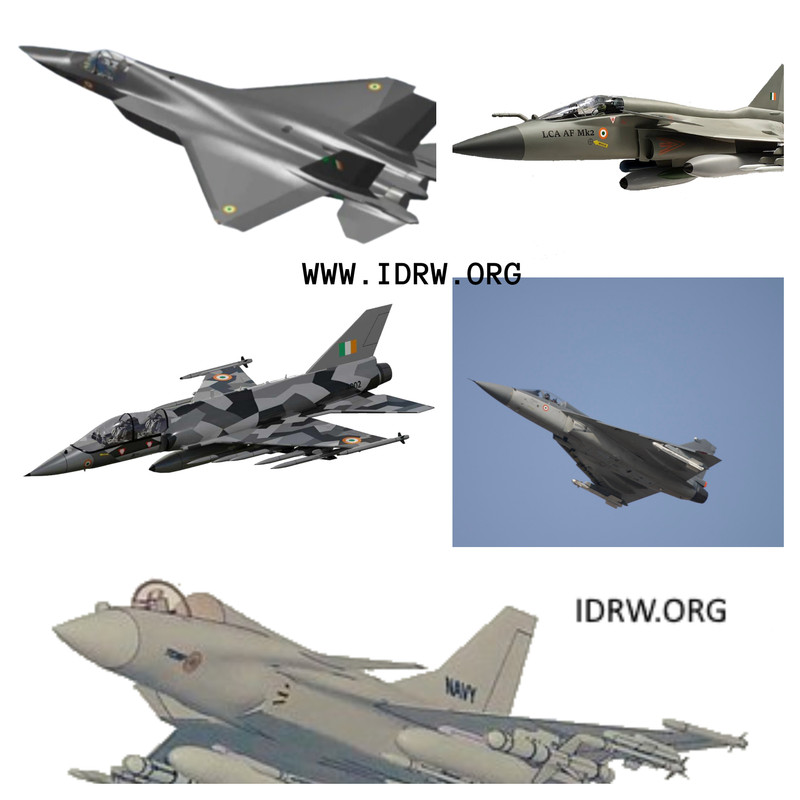SOURCE: RAUNAK KUNDE / NEWS BEAT / IDRW.ORG


The Defence Ministry is currently reviewing a proposal to create a National Aerospace Testing Establishment (NATE) to streamline and consolidate testing and evaluation of all aerospace platforms, including aircraft, helicopters, drones, and airborne weapons. NATE aims to be a “single-window” entity for private sector engagement, from design to final certification, potentially reducing lengthy prototype development cycles.
The Indian Air Force (IAF) has spearheaded the initiative, leveraging its existing expertise through the Aircraft and Systems Testing Establishment (ASTE) and the Air Force Test Pilots School (AFTPS) in Bengaluru. The proposal, submitted to the Ministry of Defence’s Department of Military Affairs, led by Chief of Defence Staff (CDS) General Anil Chauhan, is expected to enhance testing efficiency across all branches of Indian aviation, including military and commercial ventures.
This initiative comes at a crucial time when India seeks to expand its aerospace capabilities, with an increasing number of indigenous platforms and advanced technologies entering various stages of design, development, and production. As flight testing remains a highly specialized and resource-intensive field, NATE is envisioned as an integrated solution for advancing the country’s aerospace industry through dedicated investment in modern testing infrastructure, equipment, and human resources.
The CDS’s visit to ASTE and AFTPS in May 2024 highlighted the need for a unified approach to testing. Currently, the lengthy and fragmented certification process is seen as a bottleneck in the rapid development of new aerospace technologies in India. NATE would aim to mitigate these delays by offering comprehensive, state-of-the-art facilities under one umbrella organization.
The establishment of NATE is also seen as a step toward greater private-sector participation in defence aviation. With clear protocols and a central authority for testing and certification, companies involved in aerospace development could benefit from faster project timelines, increasing their competitiveness on the global stage. Moreover, NATE would enhance India’s self-reliance in aerospace technology, in line with the government’s “Atmanirbhar Bharat” (self-reliant India) initiative.
The creation of NATE would be a significant move in improving India’s aerospace ecosystem, integrating military, private, and state-owned enterprises for enhanced capability development. With its focus on building a modern testing infrastructure and accelerating project timelines, NATE could emerge as a key player in India’s aviation industry for both the defence and civil sectors.
NOTE : Article cannot be reproduced without written permission of idrw.org in any form even for YouTube Videos to avoid Copy right strikes. Websites doing illegal reproductions will get DMCA and Legal Notices.